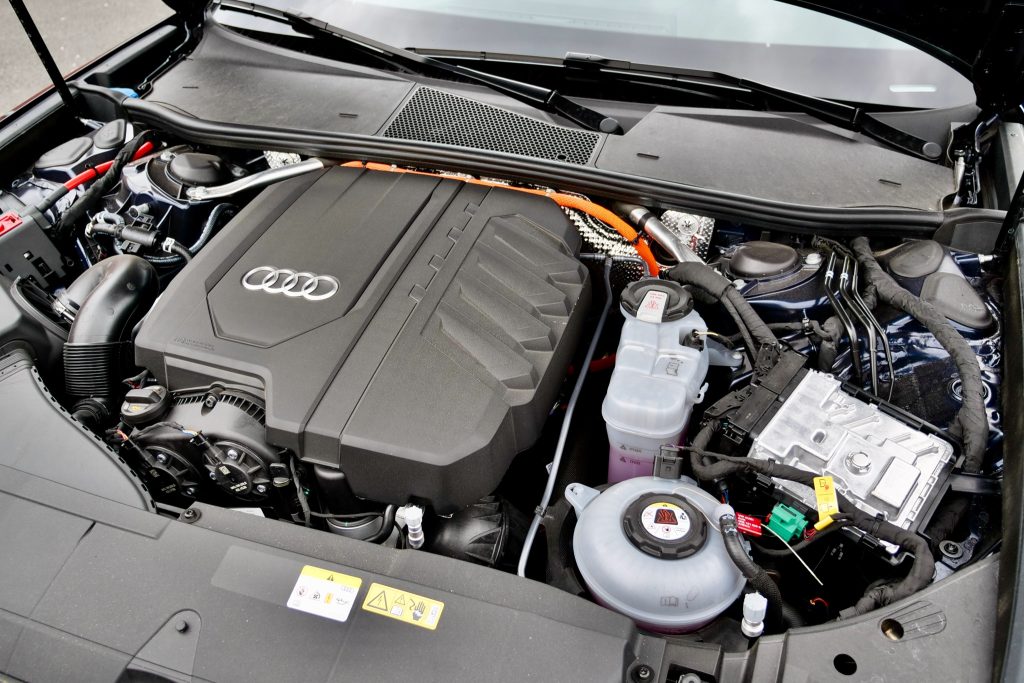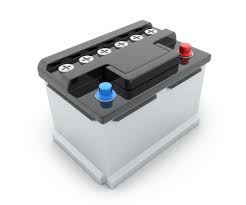Your car battery is the heart of your vehicle’s electrical system. It powers everything from the ignition to the lights.
But like any other component, it requires regular maintenance. Without it, your battery’s lifespan can be significantly shortened.
In this guide, we’ll explore how to extend your car battery life. We’ll delve into the best practices for car battery maintenance, and how to spot signs of a failing battery.
We’ll also discuss the best car batteries available in Australia. And for those considering second-hand options, we’ll cover what to look out for.
So, whether you’re a seasoned driver or a car-owning novice, this guide will equip you with the knowledge to keep your battery in top shape.

Understanding Car Battery Maintenance
Car battery maintenance is a crucial aspect of vehicle upkeep. It involves regular checks and actions to ensure the battery functions optimally.
These actions include cleaning the terminals, checking fluid levels, and ensuring the battery is securely fastened. All these contribute to a longer and more reliable battery life.
The Importance of Regular Maintenance
Regular maintenance can significantly extend your car battery’s lifespan. It helps prevent common issues like corrosion, fluid depletion, and overcharging.
Moreover, it ensures your battery delivers the necessary power when you need it. This reliability is crucial, especially in emergency situations.
Signs Your Car Battery Needs Attention
There are several signs that your car battery may need maintenance or replacement. One common sign is difficulty starting the engine.
Another sign is dimming headlights or interior lights. This could indicate a weak battery struggling to supply sufficient power.
Finally, a swollen battery case or a rotten egg smell could suggest a serious battery issue. In such cases, immediate professional attention is necessary.

Step-by-Step Guide to Maintaining Your Car Battery
Maintaining your car battery involves several steps. These steps are designed to keep your battery in optimal condition.
They include checking fluid levels, cleaning terminals, and minimizing electrical load. Let’s delve into each of these steps.
Checking and Maintaining Battery Fluid Levels
Battery fluid levels are crucial for battery performance. Low fluid levels can lead to battery failure.
To check fluid levels, remove the battery caps. The fluid should reach the bottom of the cap. If it’s low, refill with distilled water.
Cleaning Battery Terminals and Preventing Corrosion
Corrosion on battery terminals can hinder performance. It’s important to clean the terminals regularly.
You can use a mixture of baking soda and water to clean the terminals. After cleaning, apply petroleum jelly to prevent future corrosion.
Minimizing Electrical Load and Maximizing Battery Life
Minimizing electrical load can extend battery life. This involves turning off electrical accessories when the car is not in use.
Also, avoid short trips as they don’t allow the battery to fully recharge. Regular long drives can help maintain battery charge.
Choosing the Right Car Battery for Your Vehicle
Choosing the right car battery is crucial for optimal performance. The battery should match your vehicle’s specifications.
Also, consider the battery’s cold cranking amps and reserve capacity. These factors determine the battery’s ability to start your car and provide power when needed.
Best Car Batteries Available in Australia
Australia offers a range of high-quality car batteries. Brands like Century, Exide, and Supercharge are known for their reliability and performance.
These batteries offer excellent cold cranking amps and reserve capacity. They also come with warranties, providing peace of mind.
When buying a battery, consider your driving habits and the climate. These factors can influence the type of battery best suited for your vehicle.
Considerations for Second-Hand Car Batteries
Second-hand car batteries can be a cost-effective option. However, they come with risks.
The battery’s age and previous usage can affect its performance. Also, warranties may not be available for second-hand batteries.
Before buying a second-hand battery, have it tested. This can help ensure it’s in good condition and worth the investment.
Professional Battery Inspection and When to Seek Help
Regular battery inspection is key to maintaining its health. It helps detect issues early, preventing sudden breakdowns.
However, some battery problems may require professional help. If your battery frequently dies or your vehicle struggles to start, consider seeking professional assistance.
The Role of Professional Testing and Diagnostic Tools
Professional testing can accurately assess your battery’s health. It can detect issues that may not be apparent from a visual inspection.
Diagnostic tools can measure factors like charge, capacity, and resistance. These readings can help determine if your battery needs maintenance or replacement. It’s a worthwhile investment for your vehicle’s longevity.
Car Battery Maintenance Myths and Best Practices
Car battery maintenance is often surrounded by myths. These misconceptions can lead to improper care, shortening your battery’s lifespan.
Understanding the best practices for battery maintenance is crucial. It ensures your battery performs optimally and lasts longer.
Debunking Common Misconceptions
One common myth is that car batteries require distilled water top-ups. However, modern batteries are maintenance-free and don’t need this.
Another misconception is that driving recharges a dead battery. In reality, this can strain the alternator and cause further damage.
Conclusion: The Long-Term Benefits of Car Battery Maintenance
In conclusion, proper car battery maintenance is a small investment that pays off in the long run. It ensures optimal performance, extends battery life, and can save you from unexpected breakdowns. Remember, a well-maintained battery contributes to the overall health of your vehicle.
